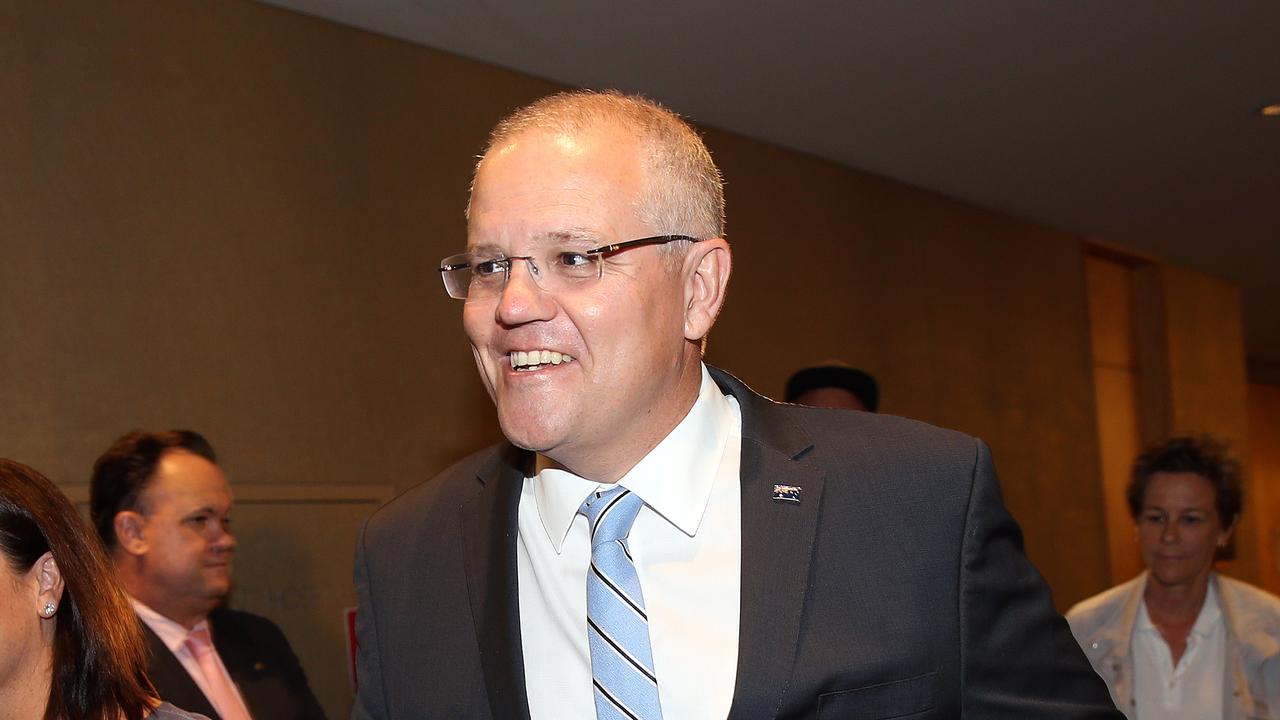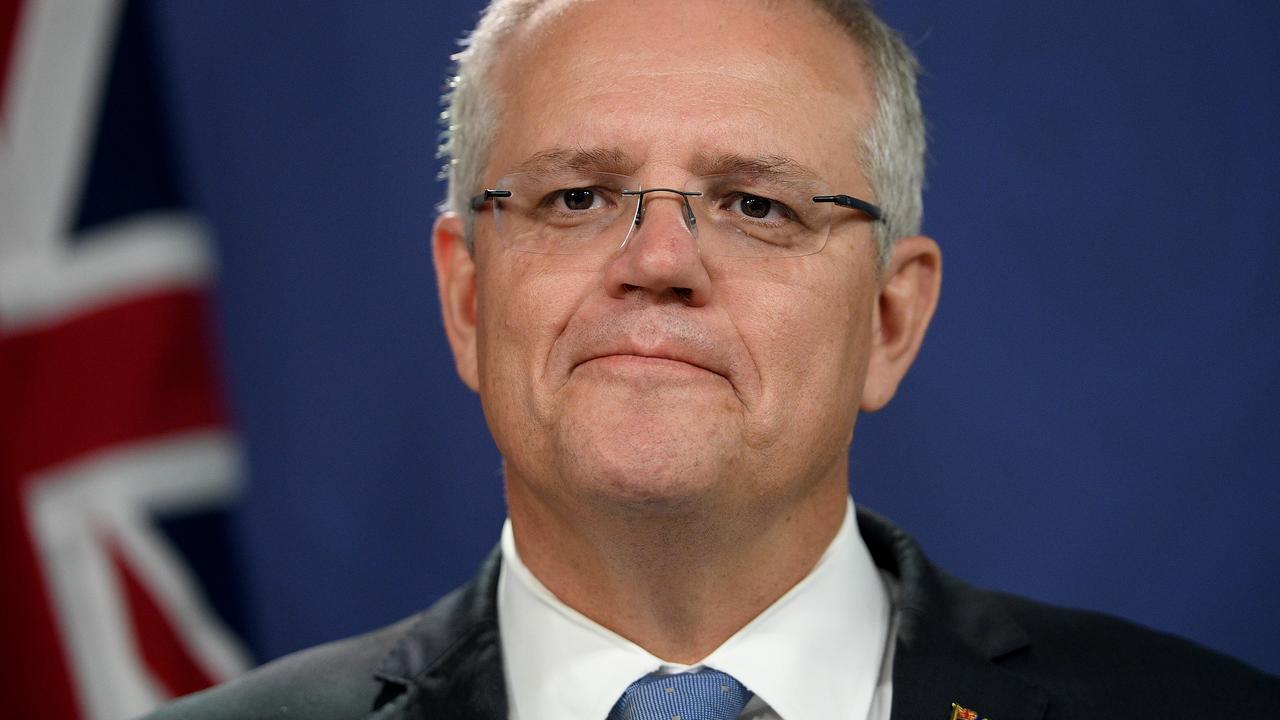
Early in the plans for Japan to make its biggest venture into defence exports with a bid for Australia’s $20 billion submarine project, a Japanese official made the enthusiastic but inapt observation to Australian officials that they had “gone fishing and caught a whale”.
It was symptomatic of the mix of enthusiasm, excitement, serious intent and co-operation of Japan Inc on the bid as Shinzo Abe sought to change Japan’s defence posture and export big projects. Unfortunately for the Japanese, it also was symptomatic of a lack of awareness of the sensitive politics surrounding the submarine bid and a naivety in the harsh world of international defence export.
The deep involvement of the Japanese Prime Minister in the bid, the encouragement of the government for commercial success and the feeling Abe had an understanding with Tony Abbott that Japan would get the contract virtually without competition skewed the perception of the Japanese attempt to sell a version of its large Soryu-class submarine to Australia.
Of course, the involvement of the leadership of Japan, the US and Australia in the bid underlines the strategic advantage the Japanese submarine proposal has over other contenders because of the desirability of the interoperability of the navies in the region.
This week, Japanese naive enthusiasm turned to fear that in going to catch a submarine they had caught 333 whales, which prompted sharp criticism from Foreign Minister Julie Bishop as Japan’s commercial competitors complained to Australia that the Abe government was too involved in the bid.
For Australia and Japan there is a danger that the emotive issue of whaling in the domestic politics of both countries and the submarine bid can serve as distractions and detract from our most important strategic relationship in Asia.
Next week Malcolm Turnbull goes to Tokyo on a mission to ensure that the vital relationship with Japan, which is becoming even more important as China rises further and flexes its muscle in the South China Sea and projects its influence into the Pacific, is not sidetracked by either issue. The Prime Minister, despite having spent weeks abroad, feeling tired and trying to focus on domestic issues, rejected advice that he abandon the planned Tokyo trip. Even though Turnbull met Abe during international summit season, he wanted to ensure he kept his undertaking to visit and personally commit to the “strategic continuity” of the Australia-Japan relationship. Turnbull recognises, as did Abbott, the need for Australia to nurture the intricate relationships it has with important trading partners and strategic allies.
The strategic relationship between Australia, Japan and the US, with an increasing inclusion of India, is essential for long-term regional security and stability as intersecting trade and military tensions with China grow.
Japan and the US have demonstrated recently that it is possible to talk tough on defence and continue to trade quietly with China.
There is always pressure on a new Australian prime minister over the Japan-China relationship and it is easy to make a mistake one way or the other — Kevin Rudd badly fumbled the Japanese relationship on his first trip overseas by spending a lot of time in China and none in Tokyo, while Abbott’s genuinely deep relationship with Abe and declaration that Japan was our “best friend” in Asia gave the impression he was too committed the other way.
Overall, Turnbull has started well. Very early on he publicly restated Australia’s position on the disputed territories in the South China Sea, where China is bumping against several neighbours and challenging US influence, saying “freedom of navigation” was essential for trade in the region and that disputes had to be settled peacefully by law.
He also endorsed the US decision to send a warship through the nautical zone China claims as its territory while welcoming Japanese ministers and Chinese military leaders.
Turnbull’s instinct, affinity with the US, balanced scepticism of China and desire to keep Japan close continues the golden thread that has run through Australian policy for decades.
There have been distractions; the Rudd government’s decision to take Japan to the International Court of Justice was an example of domestic politics sidetracking the relationship. Abbott’s overenthusiasm for the Japanese submarine bid also became mired in domestic politics, making it more difficult for Tokyo and leading to a far more rigorous defence assessment of all the bids.
Turnbull’s Tokyo challenge is to deal with both these issues while keeping the Australia-Japan relationship on an even keel, not disturb China beyond standard complaints, keep the submarine bid balanced and not stupidly inflame the whaling issue.
After Bishop described Japan’s decision to reopen whaling and take 333 whales this season as “deeply disappointing”, the Japanese immediately responded through Toshiro Iijima, head of international security in the Ministry of Foreign Affairs, asking that the issue not affect the submarine bid.
Of course, Turnbull will raise the subject of whaling when he is in Japan at the end of next week but he is not going to embark on a Rudd-style campaign. Whaling can foment strong anti-Japanese feeling in Australia and leads to counter-campaigns in Japan against Australia, so a new free-trade agreement with Japan, with more opportunity for agriculture, isn’t about to be undercut by exuberant gestures.
Turnbull also will stress the importance of process in the submarine bid. Abe builds personal relationships and as the most travelled Japanese prime minister he uses those to promote Japanese trade and construction. It’s expected that when Abe is in India a Japanese consortium will be named as the successful bidder for a high-speed rail project.
But Turnbull and the Japanese want to take advantage of the removal of the perception of bias that Abbott and Abe had brought to the submarine bid and its subsequent involvement in domestic politics. Turnbull’s message to Tokyo and the Australian public will be that the submarine bid will be decided on merit, including strategic considerations.
One thing Turnbull is doing in Tokyo to put his stamp on the visit is to insert his innovation message, spruiking Australia-Japanese collaboration on hi-tech investments and projects outside the obvious submarine project.
The degree of difficulty for Turnbull’s first trip to Japan has increased markedly in recent days but the Prime Minister seems intent on ensuring the overall strategic continuity holds firm despite some whale of a problem.



